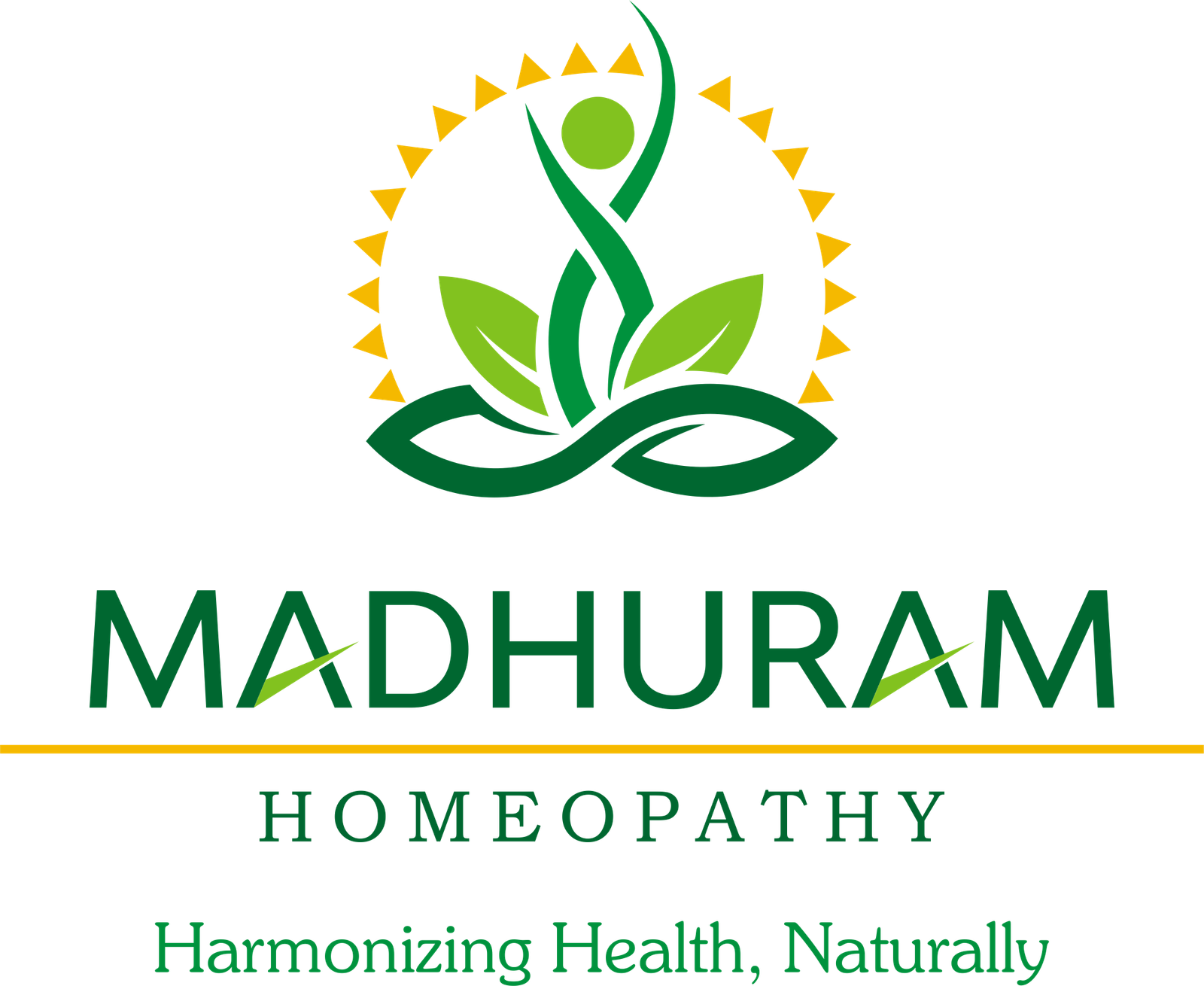Book Appointment Now
Homeopathy
What is homeopathy?
Homeopathy is a gentle, scientific, and effective system of medicine founded on the belief that the body has an innate ability to heal itself. This approach to healthcare is designed to work in harmony with the body’s natural healing instincts, assisting it in restoring balance and wellness. The philosophy of homeopathy revolves around stimulating the body’s self-healing processes rather than suppressing symptoms.
The practice of homeopathy involves using highly diluted natural substances, often derived from plants, minerals, or other natural sources. These substances are prepared in a way that retains their essential properties while minimizing side effects. It is believed that even in small amounts, these remedies can trigger the body’s ability to repair itself and recover from illness or imbalance.
Homeopathy focuses on treating the person as a whole rather than just addressing specific symptoms. By understanding the root cause of an ailment, homeopathy aims to provide long-term solutions and promote overall well-being. This natural and personalized approach has made homeopathy a trusted system of medicine for individuals seeking safe and effective treatments.
The Founding Story of Homeopathy
Homeopathy is a system of alternative medicine founded by German physician Samuel Hahnemann. This practice, often regarded as pseudoscientific, is based on the principle of “like cures like.” The term “homeopathy” is derived from the Greek words homoios, meaning “similar,” and pathos, meaning “suffering.” This concept aligns with the pharmacological principle known as the Law of Similars.
Hahnemann developed this idea through his experiments with Cinchona bark, which was known for its effectiveness in treating malaria. By taking regular doses of Cinchona, Hahnemann observed that it induced intermittent fever symptoms in his otherwise healthy body, similar to those caused by malaria. Through repeated experiments, he concluded that a disease could be treated using a natural substance capable of producing similar symptoms in a healthy individual.
This fundamental principle became the cornerstone of homeopathy. It emphasizes using highly diluted natural substances to stimulate the body’s self-healing mechanisms, aligning with the belief that the body can restore balance and health when given the right stimulus.
How homeopathy works?
Homeopathy views all symptoms of illness as expressions of an internal imbalance or disharmony within a person. It is based on the core principle of “like cures like,” which means that a substance capable of causing certain symptoms in a healthy person can, in a highly diluted form, treat an illness that produces similar symptoms. The goal of homeopathy is to stimulate the body’s natural defenses and healing processes.
For example, red onion, which causes teary eyes, is used in homeopathic remedies to treat allergies that cause watery eyes. Similarly, other natural ingredients used in homeopathy include white arsenic, crushed whole bees, arnica herb, and poison ivy, each chosen for its specific properties to address particular ailments.
Homeopaths prepare remedies by diluting these natural ingredients with water or another substance. This process is followed by potentization, a method that involves shaking the mixture to enhance its therapeutic properties. Afterward, the mixture is made available in various forms such as drops, creams, tablets, sugar pellets, and gels.
Homeopathy operates on the belief that the lower the dose of the active ingredient, the stronger its effect. As a result, many homeopathic remedies contain extremely small, or even non-existent, amounts of the original substance, relying on the energy or essence imparted during the potentization process.

